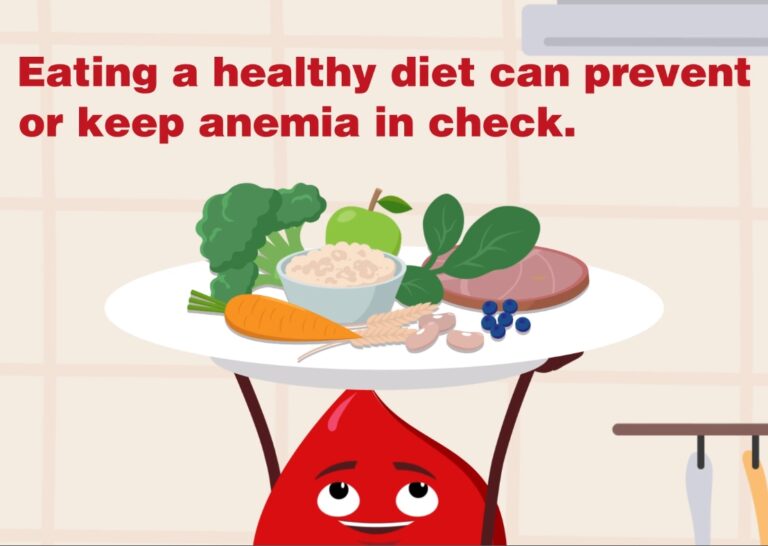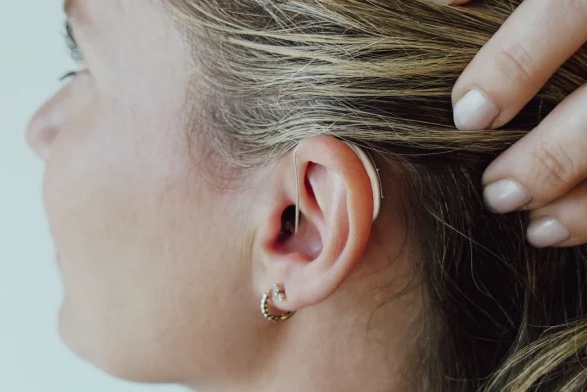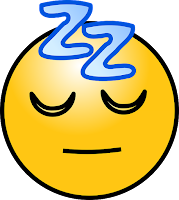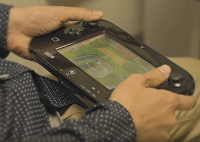
Is Sitting Bad for the Brain? Maybe Not.
Is keeping seated and sedentary, while intellectually stimulated, part of the best way to care for your brain?

Is keeping seated and sedentary, while intellectually stimulated, part of the best way to care for your brain?

A massive study of medical and genetic data shows that people with a particular version of a gene involved in immune response had a lower risk of Alzheimer’s and Parkinson’s disease.

The spice turmeric contains curcumin. In a UCLA study, curcumin significantly improved memory and mildly improved mood in people with memory problems.

Drinking to fight dementia? Which drinks are good and which are bad?
Harvard & Cleveland Clinic researchers offer scientific advice.

Anemia (low level of red blood cells) can increase dementia risk 41%. You can do something about it. Learn what it takes.

PREVENTION & THERAPY INFOMERCIAL: Research shows that for every 10 decibels of hearing loss, the risk of developing dementia increases. Learn how the right hearing aids can lower your risk.

A diet that combines unsaturated fats with nitrite-rich vegetables, such as olive oil and lettuce, can protect you from hypertension and vascular dementia.

At Washington University, extra sleep reinforced connections between brain cells that encode memories. Past studies linked extra sleep to boosting memory. This study links extra sleep to the repair of damaged memory systems.

What are the early symptoms of Alzheimer’s? When to get a professional evaluation.

Don’t put that controller down just yet. Playing three-dimensional video games – besides being lots of fun – can boost the formation of memories, according to University of California neurobiologists.

Looking for the best digital photo frame for a loved one with dementia? Many frames claim to be senior-friendly. We explore the Pix-Star series, rated best for its combination of features and value for the money.

Kindness does not leave you when you give it away,
But in fact grows more abundant within your life.

Rosemary naturally works like Aricept® (generic: donepezil), treating Alzheimer’s by blocking AChE. Learn about rosemary’s dementia-fighting benefits from Dr. J. Duke.

SHORT-TERM MEMORY lapses are obvious signs of Alzheimer’s, but other tell-tale signals begin to show much earlier. Learn how to look for semantic impairments, such as simple questions about size.

Three important dementia studies focus on HS-AGING, a type of dementia almost as common as Alzheimer’s in the 85+ group. Yet few people have heard of it. Why? What makes it different?

An intriguing study of 120 grandmothers might surprise you. Doctors know socially engaged people have better cognition and less dementia. But can a person get too much of a good thing? What’s the right balance?

Enjoy this great duet between a musician with dementia and his son. A triumph of spirit over Alzheimer’s! Sing-a-long if you like!
No spam, only news and updates.


